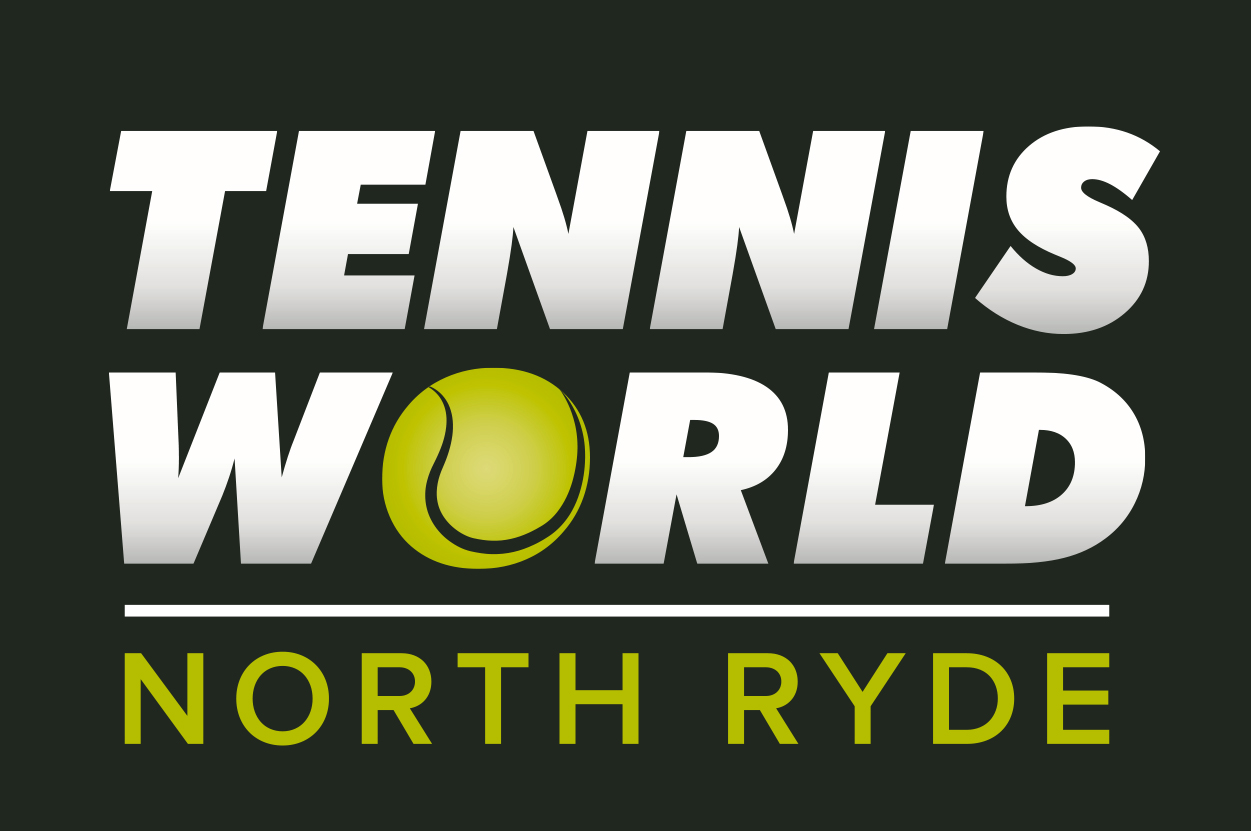[vc_row][vc_column][vc_column_text]
Top Tips To Win On Clay
A versatile player can master any surface although it could be argued that each individual has a natural game of their own that could be better suited to one surface or another.
The natural bassline players prefer slower courts and clay is often the type of surface they can perform better on. However, a serve and volley type player would be more suited to a fast surface like grass. Tennis World North Sydney have a variety of surfaces that you can adapt your overall game.
Good players should be adaptable and should be able to perform well on any surface, listed in this blog are some top tips to help your clay game.
[/vc_column_text][/vc_column][/vc_row][vc_row][vc_column][vc_column_text]
Equipment
The first thing to address is to ensure you have the correct equipment that is suitable for playing on clay.
- Shoes
Clay can be a very slippery surface, the recommended shoe is one with a herringbone sole, look for a zigzag pattern on the sole.
- Polyester Strings
Polyester strings help for spin control and they tend to last longer, one downside to bear in mind is that they are normally a little tougher on the arm.
- Racket
Most rackets come with 16 or 18 strings that run from the top of the racket to the throat, if you choose to have 16 strings then you can achieve better spin.[/vc_column_text][/vc_column][/vc_row][vc_row][vc_column][vc_column_text]
Strengthen Your Legs and Core
To play on clay it is essential to have enough strength and balance to slide into a shot, drive through the shot and maintain balance to ensure good recovery.
[/vc_column_text][vc_column_text]
Physical & Mental Endurance
Finishing a point off on a slower surface is harder than on a faster one, and matches tend to last longer. Being able to finish a match both physically and mentally can often be the difference who actually wins.[/vc_column_text][vc_column_text]
Develop The Strength To Play The Ball Over Head High
Clay tends to make the ball bounce higher, therefore you have to strengthen your upper body for this type of game. As the ball gets higher it is harder to generate power and control.[/vc_column_text][/vc_column][/vc_row][vc_row][vc_column][vc_single_image image=”1086″ img_size=”full”][vc_column_text]
Be Prepared To Battle
Matches played on clay are often tough battles, be prepared to be resilient and tough a point out, no matter what has happened in the previous point.[/vc_column_text][vc_column_text]
Work Hard On Winning Each Serve Point
Expect more returns to come back playing on clay, this is because the ball will reach your opponent slower and higher than on grass. It therefore gives your opponent more time to get into position and play his shot. Be ready to start constructing points from both offensive and defensive situations.[/vc_column_text][vc_column_text]
Fight To Change The Momentum Of The Match
It is hard to swing the momentum back to your favour on clay, physical fatigue and the inability to win easy points means that once momentum is lost, it takes great effort to turn the match around in your favour.
Playing on clay has both advantages and disadvantages, on the plus side the surface offers more chances for you to get the ball back into play. On the down side your opponent has the exact same advantages as you.
A big serve is not such a threat on clay, and there a few easy point to be gained. The key to clay court playing is fitness and endurance, and the more resilient the player the more likely a win will be achieved.[/vc_column_text][/vc_column][/vc_row]
